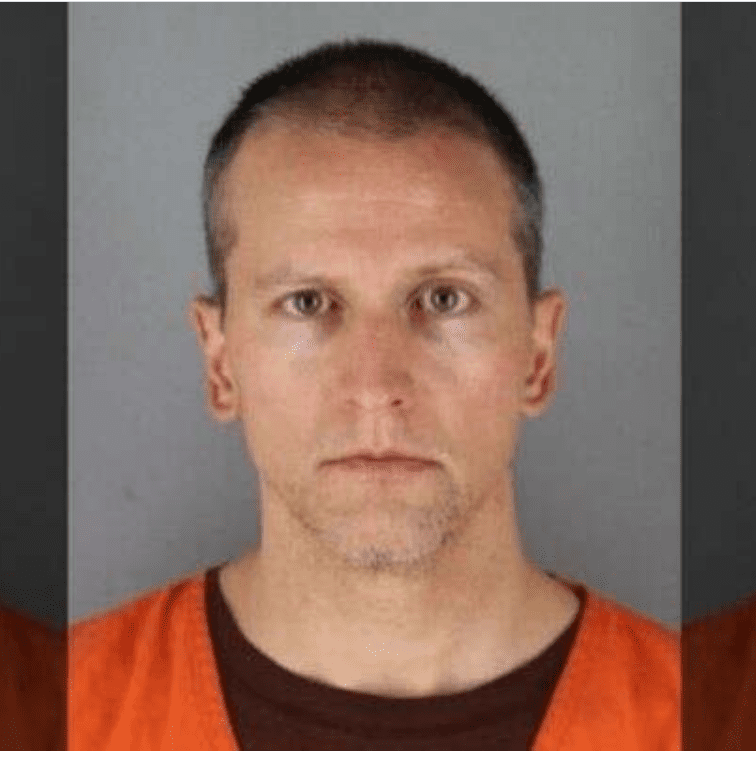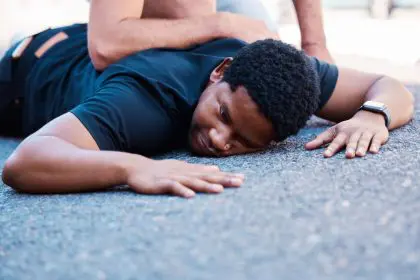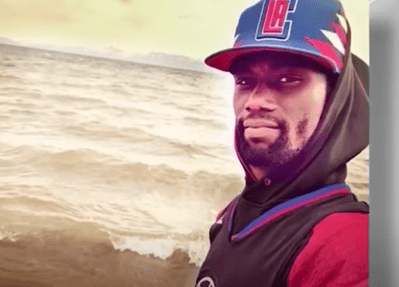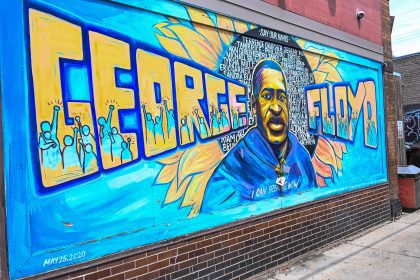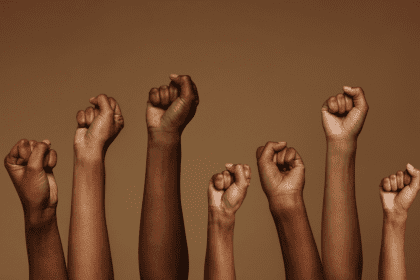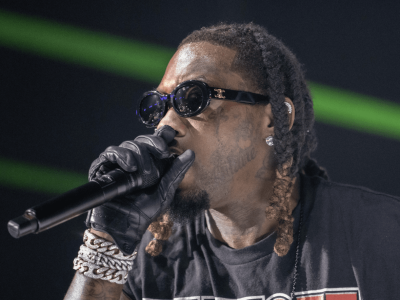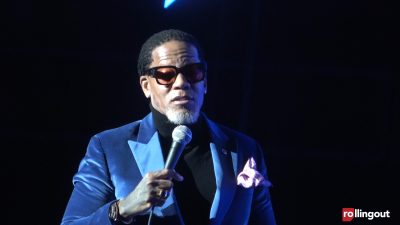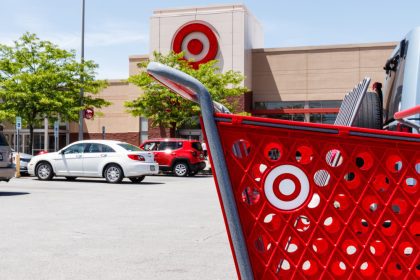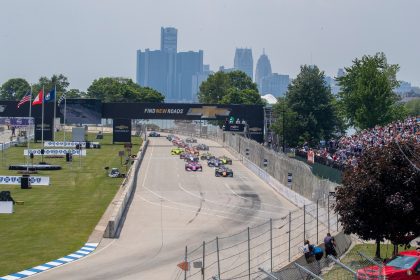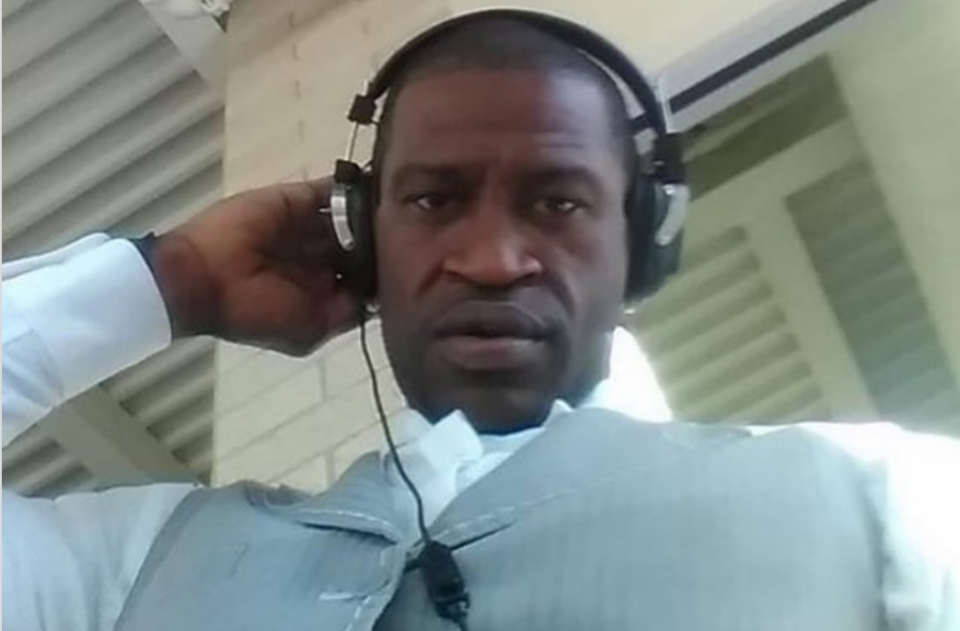
The shocking killing of George Floyd on Memorial Day, May 25, 2020, touched off a national and worldwide reckoning on race relations, judicial inequities and long-awaited police reforms.
One year later, many Americans are undergoing painstaking introspection about what this country is and wants. Others, meanwhile, are inventorying what has really changed since that horrific day a year ago in Minneapolis that incited a worldwide uprising.
Most prominently is the issue of persistent police brutality perpetrated against minorities in general, and African Americans in particular. There also is the question of whether the country has the appetite to undergo viable reforms in law enforcement.
Breaking: A year after the #GeorgeFloyd murder. Republicans want buy-in from Police Organizations before they give support for passage of the #GeorgeFloyd Policing Act. My latest #WhiteHouse report for the @theGrio. #BLM https://t.co/zRLJWxGtCV
— AprilDRyan (@AprilDRyan) May 25, 2021
Some national publications are evaluating whether the national uprising has led to, or will eventually actualize into, the kinds of changes that Blacks yearn for.
George Floyd anniversary: BLM got a plaza in Washington. Will they get police reform? https://t.co/rSqevPhL0C
— Los Angeles Times (@latimes) May 25, 2021
People in many other nations took to the streets in the summer of 2020, not only because of the reprehensible act committed against Floyd by former Minneapolis cop and convicted murderer Derek Chauvin but also because their countries have experienced similar heinous police behavior, as is the case in France:
In June 2020, while the US took to the streets demanding justice for George Floyd, Parisians reignited their calls for justice for Adama Traoré. A Black man who died exactly 4 years ago while being detained by the French national guard. pic.twitter.com/GVg1Cwv2Gq
— VICE News (@VICENews) May 25, 2021
Still, there are those who deliberately promulgate the false narrative that oppressed Blacks are the source of their own problems and exemplify anti-police and anti-American behavior.
This country is not racist but BLM is! The proof is in the pudding. This organization has been given unlimited clout & resources and a year later what do they have to show for it? Crime spikes, looted foot lockers, black on black crime, and a nation divided by race. BLM= a SHAM!
— Tomi Lahren (@TomiLahren) May 25, 2021
Many dignitaries, however, remain optimistic that the murder of Floyd will spark true and lasting change in America.
To John Lewis, the effects of the protests following George Floyd’s murder were clear.
“People will never, ever forget what happened and how it happened,” he said. ”And it is my hope that we are on our way to greater change."
That’s my hope too. Don’t stop pushing.
— Hillary Clinton (@HillaryClinton) May 25, 2021
Former U.N. Ambassador Andrew Young shares Clinton’s sentiments.
“I would say to these young people, we’re not ever going to be able to get George Floyd out of our systems, as we will never forget Martin Luther King or John Lewis. And we shouldn’t,” he told CNN.
The fight for justice should not cease with Chauvin’s murder conviction, the Rev. Jesse Jackson said. “I felt good, but I knew it was limited because it was a first down and not a touchdown.”



